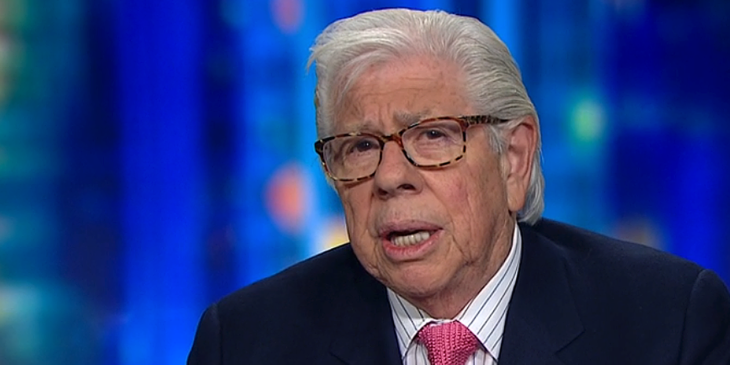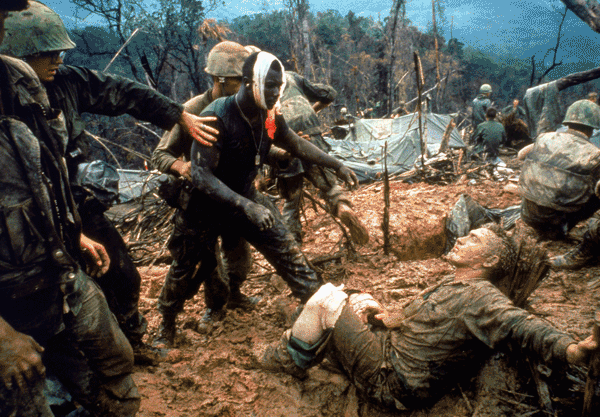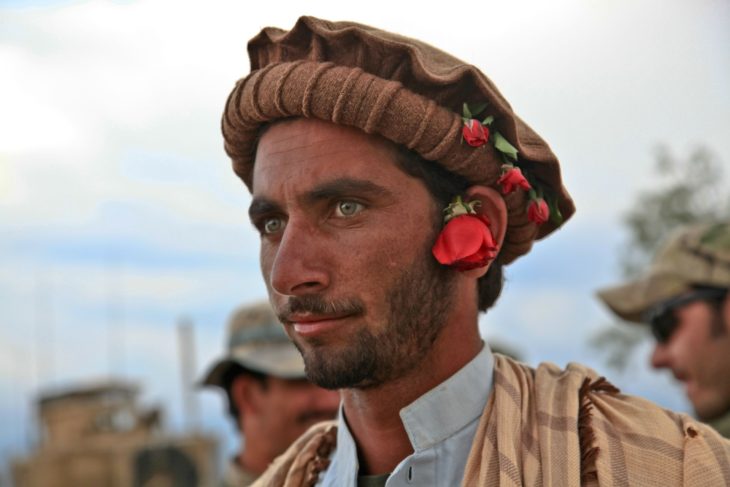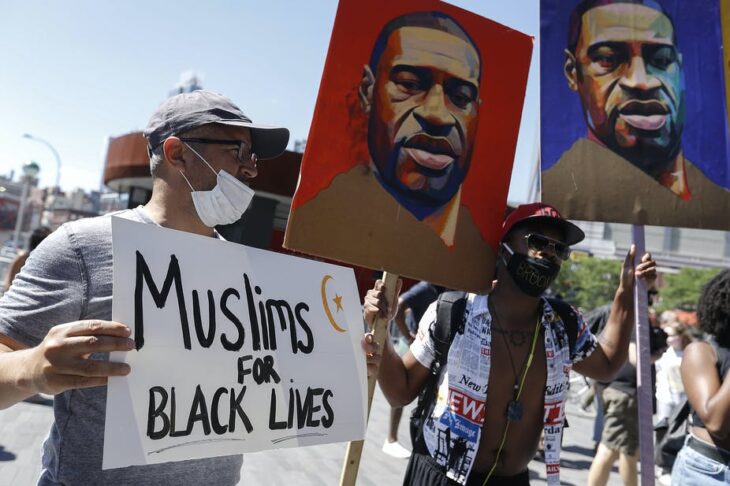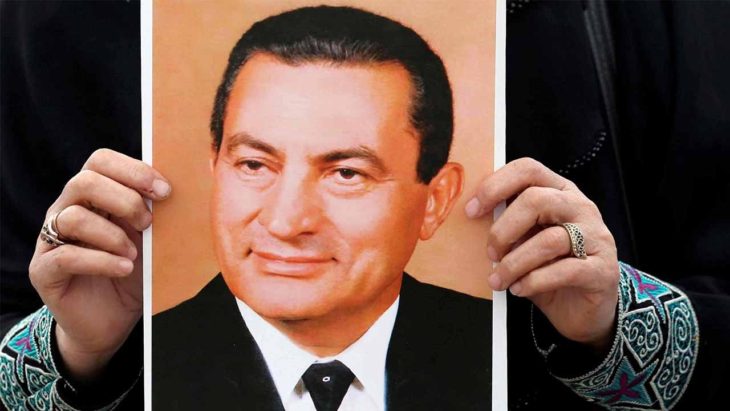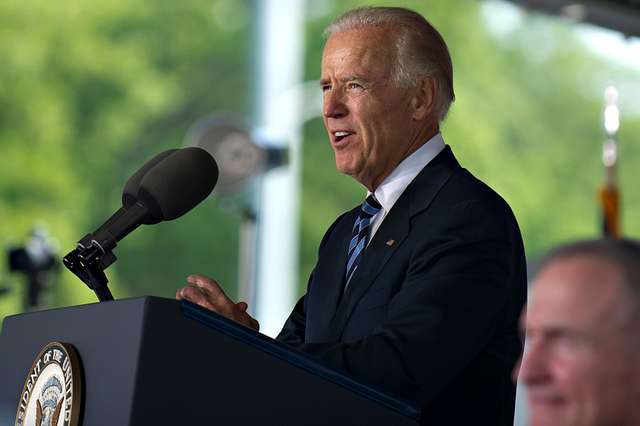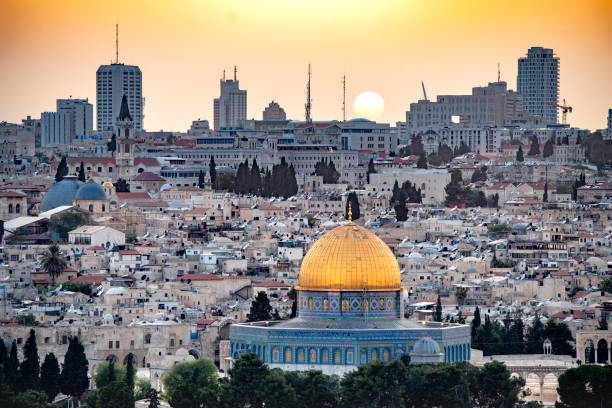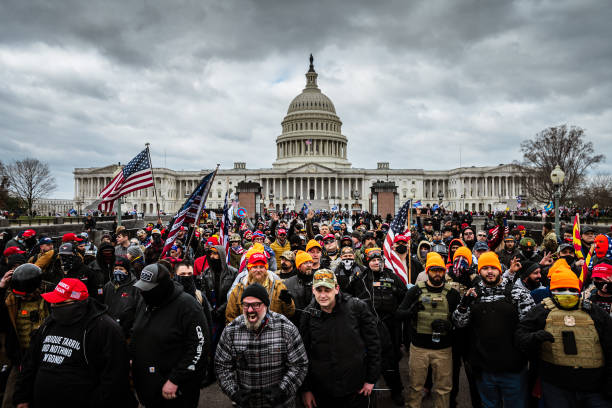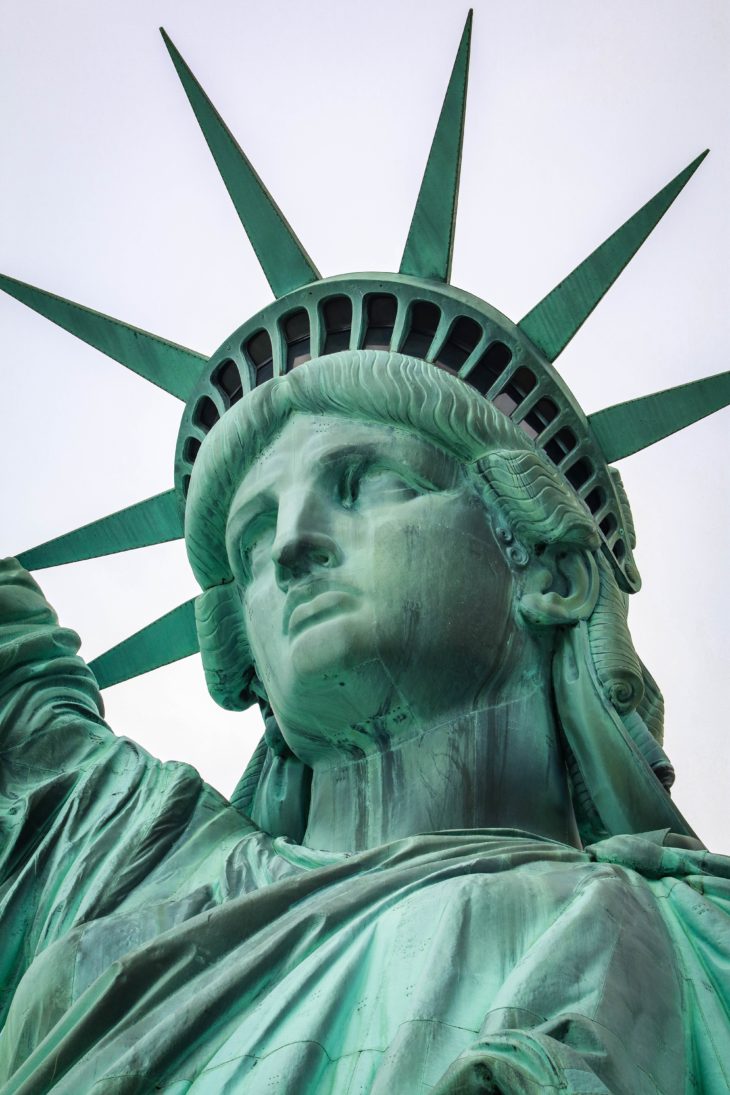The Continuation of a Tragic Era
According to the UN about 400,000 Rohingya people left their homes and homeland, the Rakhine state in Myanmar, to enter Bangladesh as frantic refugees during the last three weeks. The whole episode of horrendous military campaign of torture, indiscriminate killing, rape of the unarmed Rohingya civilian people, and massive arson that is confirmed by the satellite images, is a stain on the conscience of a nation, Myanmar. Started with the one incident on August 25, 2017 when some security forces of Myanmar were killed by violent extremists with knives, If the past is any reference, the military seemed to be waiting for such an incident to launch the terror campaign on the Rohingya civilians. The radical elements from the Rohingya, that killed the security forces with swords, daggers, and home-made rifles, emerged only in 2013, after 50 years of persecution of their fellow Rohingya since Myanmar army came to power in 1962 via a coup. The pretext the army is taking now to crackdown on terrorists is a smokescreen to launch another campaign of persecution with the goal to drive the Rohingya people out of Myanmar. In 2012 the UN has called Myanmar’s 1.1million Rohingya as “the world’s most persecuted minority.”
Bangladesh is not a wealthy country and the southern most part, through which the Rohingya are entering into Bangladesh, is a difficult mountainous region, the condition is inhospitable and dire. What kind of fear and anxiety could lead such a huge number of people flee for their lives leaving behind all they had, to a place like this in Bangladesh where there is shortage of all essentials to survive: food supply, water, medicine, medical care, sanitation facility, etc. not to speak of the indignation and humiliation that they are going through as an unwanted people in Bangladesh. Jungles are cleared up to accommodate these destitute people who lost everything in life including their loved ones. These people are testament to the terror campaign the Myanmar military has been conducting for a long time in Rakhine. The glimpses of inhumanity and ruthlessness are dumb-founding to the world. These people are willing to die in a foreign inhospitable land rather than going back to the place they used to call home. They say ‘there is nothing left to go back to’: important things are looted, the rest are burned to ashes. Where will they go back to?
A senior UN official alleged that the Myanmar government was seeking to rid the country of its Muslim minority. Many major human rights organizations concur with this assessment.
A Failed Leadership and A Nation Succumbs to Hatred and Prejudice
No doubt there exists a tremendous level of hatred and prejudice against Muslims in general and Rohingya in particular in Myanmar. And the army, mostly Buddhist, and the Buddhist nationalist vigilante mob are fueling the fire of hate-mongering against Muslims since 1962. Alarmingly there is no mass protest or forceful voice coming from the rest of the society against such crimes against humanity taking place by their own people. Tragically even today, after all the changes that took place during the last several years, the Myanmar army dictates the government, and Aung San Suu Kyi, the leader of that government, is too willing to comply with the army in order to hang on to power. This staying in power by ignoring the genocidal onslaught against a segment of her people is counterproductive. The collaboration of her administration with evil is making democracy in Myanmar dysfunctional, doomed to failure. With this kind of prejudices, intolerance and polarization in a society the spirit of democracy dies as the nation is consumed with hate and bigotry.
When the other minorities see this kind of persecution against Rohingya as they also face persecution, the minorities lose trust and hope in the system that fails to protect them. The measure of a success of a democracy is how well the rights and dignity of minorities are protected. Deep prejudice and hatred have poisoned the mindset of the nation reinforced and entrenched by the immoral handlings of an iconic leader like Suu Kyi. They are learning hypocrisy to cover up heinous crimes. What is the use of this ‘power’ when it corrupts a nation’s soul? What is the reason Suu Kyi would hang on to power except for her own power-hunger and blind ambition. Staying in power to achieve what? She can neither integrate Myanmar nor deliver democracy to this nation when the army dictates it affairs. At least she can speak up against the ethnic cleansing of Rohingya, that is a minimum moral call. The world does not need this kind of self-centered, ego centric, short-sighted leaders who can disown a segment of their own people for political convenience. These leaders do more harm than good to a society if they stay in power.
If she has a drop of conscience left in her she should resign in protest of this genocide and do everything in her power, especially to speak out, to stop it. If she can take this stand the world would stand with her in solidarity and a good outcome eventually would come out of it. Most importantly, then her leadership would lead the nation to become ethically strong, tolerant, and united against wrong and injustice, a prerequisite for a healthy democracy. A true success of a leadership is to lead a country in a critical hour of moral decay. The true success and stability of a nation comes from its moral conviction based on universal principles that are also the basis of all religions demanding justice and fairness. If a leadership is corrupt and the nation is unjust, it is doomed to failure unless reformed and reclaimed.
Aung San Suu Kyi had gained, through her long struggle for freedom and democracy, an extraordinary capital of goodwill and global support for her cause. She could have, if she did not compromise with evil, helped turn the whole situation around. It would require another struggle, but in the end she could help render herself and her nation credible, trustworthy, and respectable. She perhaps then could have sent the army to its barracks. History would have vindicated her as it did for Mandela. Unfortunately, she is no Mandela.
Power and ambition have blinded Suu Kyi and derailed her. She is not saving her nation, she is ruining its soul. “Indifference is the essence of inhumanity” correctly articulated by George Bernard Shaw. She exemplifies hypocrisy and indifference regarding ethnic cleansing of a segment of her people by remaining dead silent or saying things that are flagrant distortions: “there are hostilities from both sides”, or “Muslims are also killing Muslims”, or “Rohingya are mostly Bangladeshis” and the relentless efforts to blame both sides equally. Recently she shamelessly protested against using the word ‘ethnic cleansing’, she said “I think ethnic cleansing is too strong an expression to use for what is happening.” It doesn’t take a rocket scientist to figure out why 400,000 people left their country frantically to live in the jungles of foreign lands if not for ‘ethnic cleansing’? Yet she denies the fact and defends her army who granted her so generously an opportunity to become their puppet. And she seems to be extremely greedy to let this opportunity to go waste. She, violating all codes of honesty, claimed recently that there is an “iceberg of misinformation” circulating about the situation in Rakhine. According to her these widely reported facts are all “propaganda”. She let her office mock these reports in the media as “fake news”. All these comments about the Rohingya amount to, in essence, to teach a nation that it is alright to lie and cheat for the sake of convenience.
For her defending the lives of 1.1 million people is not worth enough. ‘For sure, what can they offer me?’, she might think: ‘they cannot even vote.’ She actually is setting a mindset and modus operandi of deception and denial of truth that in turn is teaching the nation corruption and misleads her nation in compromising on principles and issues of truth. That indeed is a disservice to the nation in the long run.
A Small Band of Insurgency: ARSA
President Kennedy warned the world in 1962: “Those who make peaceful revolution impossible make violent revolution inevitable.”
From all credible sources, the Arakan Rohingya Salvation Army (ARSA) are poorly armed but desperate small group of insurgency of about 200 people. They used very simple items like knife, home-made rifles, etc in few operations they did since 2016. In their first operation in 2016 they killed nine police officers. And this desperation comes from witnessing the pain and sufferings of their defenseless people again and again for almost five decades.
In a statement released on Sept. 14, 2017, ARSA said it had “no links with al-Qaeda, the Islamic State of Iraq and the Levant (ISIS), Lashkar-e-Taiba or any other transnational terrorist group”. Their operation is only in Rakhine, and not beyond that place.
It said it did not welcome the involvement of any of those entities in the conflict and called on countries in the region “to prevent terrorists from entering Arakan (another name for Rakhine) and making a bad situation worse”.
Address the Root Causes
Nelson Mandela realizing that in order to lead a divided nation, close to civil war, he had to be resolute facing difficulties and at times unpopular. In handling the matters of governance after he was freed from jail for 27-years, he focused on reconciling and integrating a difficult nation. Early on he realized that only an integrated nation can produce the speed of development that can break the vicious cycle of poverty and economic stalemate that his nation was going through. When integrated on the basis of equality and democratic values, a nation can focus on the constructive activities, and not get depleted in conflicts. Many steps he took went against the likings of the majority, who suffered for a long time, many of his own people and people in his own party, the African National Congress. However, difficult as it was, he pursued and stayed the course of constructive engagement to dissolve and overcome long simmering hatred and anger among different segments of his society. He learned from the failures of the neighboring Zimbabwe that this reconciliation is necessary for a healthy nation, that could overcome the differences to value unity and peaceful coexistence. His difficult path of establishing peace and progress made easier as the entire world stood in solidarity with him regarding what he was doing. Today, two decades later, his legacy remains, as forever, as one who helped create a proud “rainbow” – black, white, Asian, and others – nation as South African is today.
In spite of the fact that Muslims comprise only 5% of Myanmar’s population, the nation has been pulled into a quagmire of turmoil and the counterproductive state of division, dissension, and vigorous confrontations. The mindset of the majority in Myanmar is most counterproductive as it is filled with ignorance, prejudices, hatred towards Muslims as well as towards others.
ARSA is a symptom, and not the disease. The disease is rejection and persecution of a minority for a long time with a goal to drive them out of Myanmar or exterminate them and to burn their places beyond any recognition. This certainly is reminiscent of Nazi concentration camps.
In this global village with an ever increasing demand for freedom, democracy and dignity, a society or humanity cannot remain healthy by subjugating and repressing a segment of the society or humanity. The people that are blinded by ambition and power fail to see this unfolding reality reinforced and entrenched by an insidious but extremely powerful global and unstoppable undercurrent. The writing is on the wall.
Ruby Amatulla , Contributor
Executive Director, Muslims for Peace, Justice, and Progress


